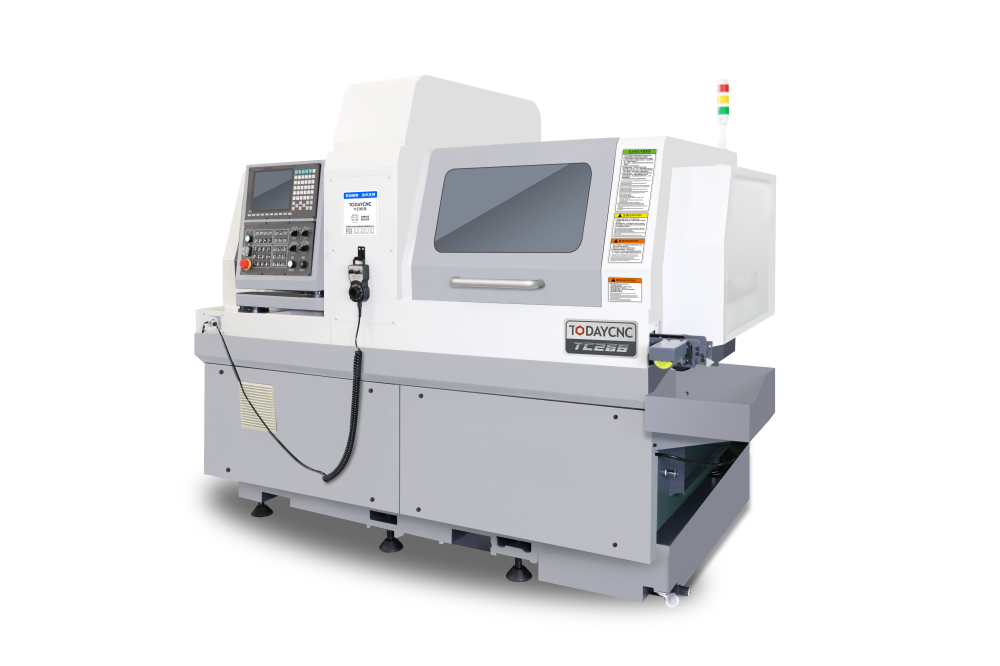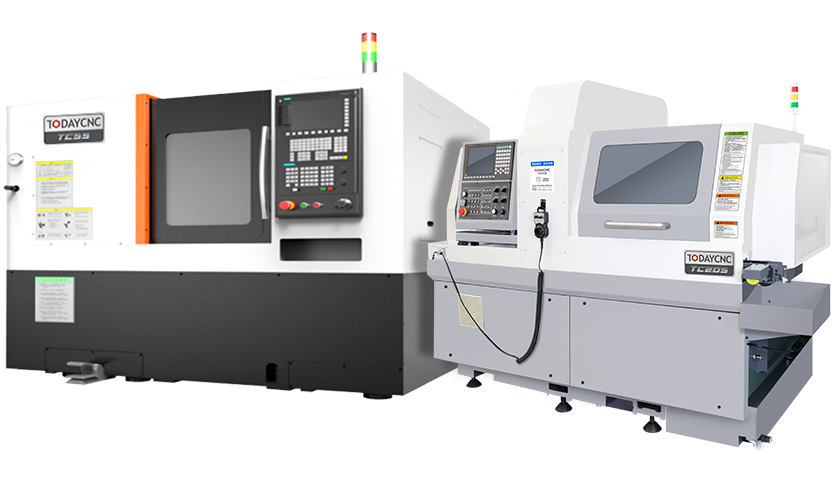Unlocking Precision: The Essential Role of CNC Milling Turning Machines in Modern Manufacturing
Unlocking Precision: The Essential Role of CNC Milling Turning Machines in Modern Manufacturing
Table of Contents
- 1. Introduction to CNC Milling Turning Machines
- 2. Understanding CNC Technology
- 3. Importance of CNC Milling in Manufacturing
- 4. Applications of CNC Milling Turning Machines
- 5. The Future of CNC Milling Turning Machines
- 6. Challenges in CNC Machining and Their Solutions
- 7. FAQs
- 8. Conclusion
1. Introduction to CNC Milling Turning Machines
In the landscape of modern manufacturing, **CNC milling turning machines** have emerged as pivotal tools that redefine precision and efficiency. As industries strive for higher productivity and lower error rates, these advanced machines stand at the forefront, enabling manufacturers to produce intricate designs with unparalleled accuracy. This article delves into the essential role of CNC milling turning machines in contemporary manufacturing, exploring their functionalities, advantages, applications, and future prospects.
2. Understanding CNC Technology
2.1 What is CNC?
**CNC**, or **Computer Numerical Control**, refers to the automated control of machining tools by means of a computer. This technology allows for the precise manipulation of machinery to execute complex tasks based on detailed computer-generated instructions.
2.2 CNC vs. Manual Machining
The transition from **manual machining** to CNC machining represents a significant leap in manufacturing efficiency. While manual machining relies heavily on the skill and precision of the operator, CNC machining automates this process, reducing the likelihood of human error and enhancing production speed. CNC machines can operate continuously, producing consistent results without fatigue, making them indispensable in modern production lines.
3. Importance of CNC Milling in Manufacturing
3.1 Precision and Accuracy
One of the most notable advantages of **CNC milling** is its ability to achieve exceptional **precision** and **accuracy**. In industries such as aerospace, automotive, and medical device manufacturing, even the slightest deviation can lead to catastrophic failures. CNC milling turning machines employ sophisticated software that allows for the meticulous design and production of components, ensuring that every part meets stringent specifications.
3.2 Efficiency and Speed
Efficiency is vital in today's fast-paced manufacturing environment. CNC milling turning machines dramatically reduce the time it takes to create complex parts. The automation of the machining process allows for rapid production cycles, enabling manufacturers to meet tight deadlines and respond swiftly to market demands. Moreover, the ability to switch between different tasks without manual intervention contributes to a more streamlined production workflow.
4. Applications of CNC Milling Turning Machines
4.1 Industries Utilizing CNC Machining
CNC milling turning machines are versatile tools utilized across a wide range of industries. Some of the primary sectors benefiting from CNC technology include:
- **Aerospace**: The aerospace industry relies on CNC machines for the production of lightweight yet durable components that meet strict safety standards.
- **Automotive**: CNC machines are essential in fabricating parts that require precise dimensions and tolerances, such as engine components and transmission systems.
- **Medical Devices**: In medical manufacturing, CNC milling is used to create surgical instruments and implants with high precision and reliability.
- **Electronics**: The production of circuit boards and housing for electronic devices often employs CNC technology for its ability to handle intricate designs.
4.2 Specific Processes and Components
CNC milling turning machines can execute various processes, including drilling, boring, and turning. These machines can produce a wide array of components, such as:
- Gears
- Shafts
- Housings
- Brackets
- Enclosures
The versatility of CNC machines allows manufacturers to cater to diverse client needs and rapidly adapt to changing market conditions.
5. The Future of CNC Milling Turning Machines
5.1 Technological Advancements
The landscape of CNC machining is continually evolving, driven by technological advancements. Emerging trends such as **additive manufacturing**, **artificial intelligence**, and **machine learning** are set to revolutionize the CNC industry further. These technologies enhance the capabilities of CNC milling turning machines, allowing for increased automation and smarter production processes.
5.2 Sustainability in CNC Manufacturing
Sustainability is becoming a significant focus in manufacturing. CNC milling turning machines can contribute to environmentally friendly practices through waste reduction and energy efficiency. By optimizing machining processes and utilizing materials more effectively, manufacturers can minimize their carbon footprint and promote sustainable production methods.
6. Challenges in CNC Machining and Their Solutions
Despite the numerous benefits, CNC machining does present challenges. Issues such as high initial investment costs, the need for continuous maintenance, and skilled labor shortages can impact operations. However, solutions are available:
- **Investing in Training**: Providing ongoing training for employees can help mitigate the skill gap and ensure effective machine operation.
- **Predictive Maintenance**: Utilizing software for predictive maintenance can help manufacturers anticipate machine issues before they lead to significant downtime, saving both time and costs.
- **Flexible Manufacturing Systems (FMS)**: Implementing FMS allows manufacturers to adapt their production lines quickly to changing demands, enhancing overall efficiency.
7. FAQs
What is the primary benefit of CNC milling turning machines?
The primary benefit of CNC milling turning machines is their ability to produce highly precise and complex parts consistently, which is vital in industries demanding high-quality standards.
How do CNC machines improve efficiency in manufacturing?
CNC machines improve efficiency by automating the machining process, allowing for faster production cycles and reducing human error, which leads to consistent quality.
Are CNC machines expensive to maintain?
While CNC machines can have high upfront costs, maintenance expenses can be managed effectively through regular servicing and the implementation of predictive maintenance strategies.
What industries benefit most from CNC technology?
Industries that benefit most from CNC technology include aerospace, automotive, medical devices, and electronics, where precision and complexity are crucial.
What is the future of CNC machining technology?
The future of CNC machining technology will likely involve advancements such as artificial intelligence, machine learning, and more sustainable practices that enhance efficiency and reduce environmental impact.
8. Conclusion
The role of CNC milling turning machines in modern manufacturing cannot be overstated. These machines not only provide unmatched precision and efficiency but also open doors to innovation across various industries. As technology continues to advance, the potential for CNC machining will only grow, solidifying its position as an essential component of contemporary manufacturing. Embracing CNC technology is not just a matter of staying competitive; it is about leading the charge toward a more efficient, precise, and sustainable manufacturing future.
Related Blog














